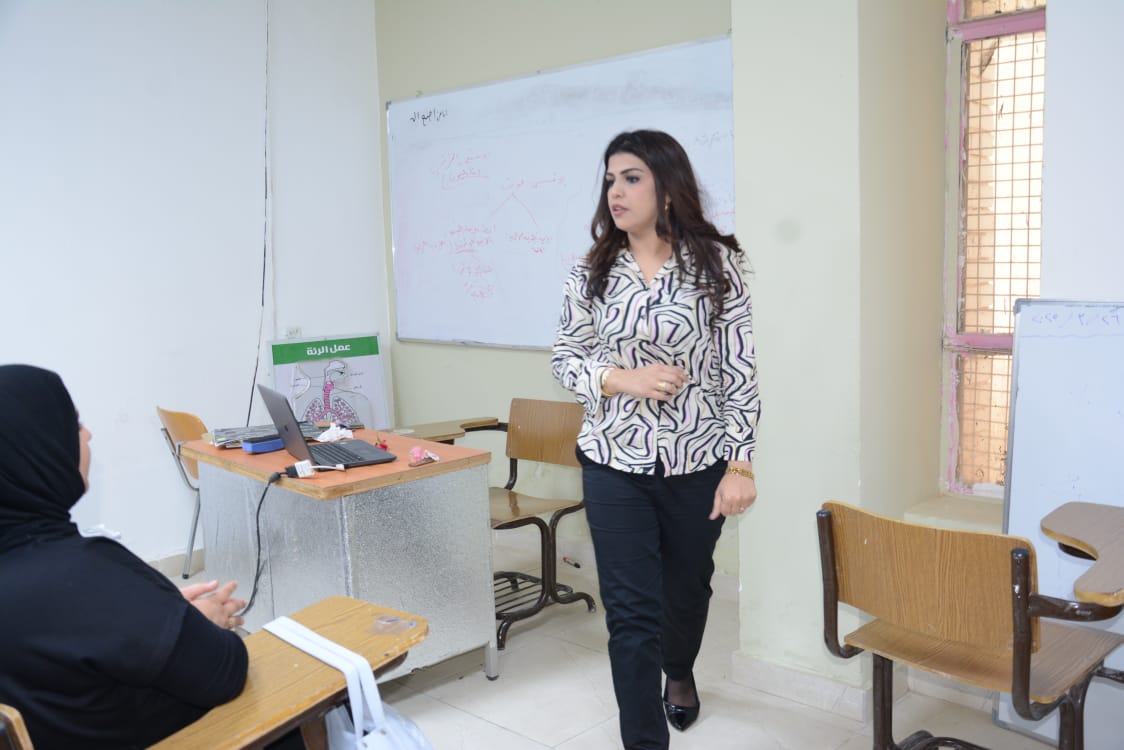The Career Development, Employment, and Follow-Up Unit at the College of Physical Education and Sports Sciences for Girls/ University of Baghdad held a workshop titled (Integrity and Transparency in Administrative Work.). The session was presented by the Head of the Legal Division, Asst. Lect. Noor Ali Kazem.
During the workshop, Ms. Noor explained the distinction between integrity and transparency. She noted that integrity is associated with sincerity in work, avoiding bias, safeguarding public interest and public funds, and prioritizing them over personal gain. On the other hand, transparency involves clarity in the relationship between individuals and institutions within society, with full availability and disclosure of information to ensure everyone has access to it. She emphasized the need to apply transparency across all institutional transactions. She issued data, including decisions that impact individuals and the wider community—ensuring these are free from ambiguity or confusion.
The workshop also explored key manifestations of integrity in administrative work, including adherence to laws and regulations, honesty and transparency in interactions, rejection of corruption and bribery, fairness, neutrality, confidentiality in handling information, maintaining professional discipline, avoiding conflicts of interest, and embracing accountability. Transparency features were also addressed, such as disclosing procedures and decisions, clarifying recruitment and promotion criteria, making information accessible to the public and oversight bodies, and preparing regular administrative performance reports.
The session further discussed significant challenges hindering the achievement of integrity and transparency, including limited job awareness among some employees, lack of effective oversight, the prevalence of favoritism and nepotism, ambiguity in specific procedures and standards, and deficiencies in legislation supporting good governance.
This workshop aligns with the United Nations Sustainable Development Goals, particularly Goal 4, which focuses on ensuring quality education.
